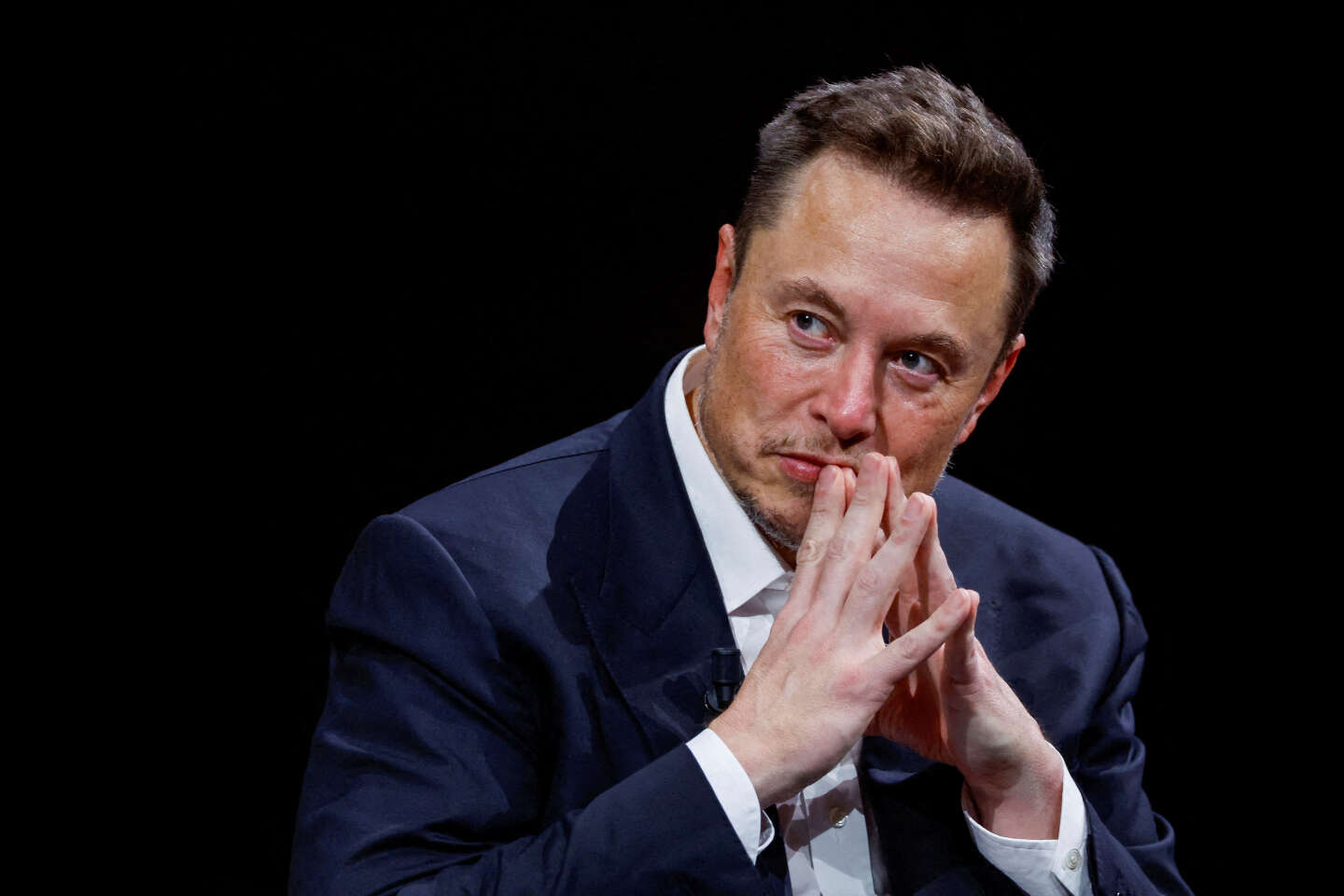## Introduction
In a recent move that sparked controversy, Elon Musk, the self-proclaimed “free speech absolutist,” made the decision to ban a Hamas-linked account on his platform, X. This decision raised questions about the boundaries of free speech and the role of the United Nations in determining account suspensions. Musk addressed the issue, stating that it was a difficult call, and explained his reasoning behind the suspension.
The Tough Call
Elon Musk took to his platform, X, to respond to a user who questioned why an account linked to the Palestinian militant group, Hamas, had been suspended. Musk acknowledged that it was a tough call to make. The account in question, “qassam2024,” was associated with Hamas’ military wing, and its suspension had raised eyebrows.
UN Exemption Rule
Musk further explained that X has a “UN exemption rule,” which means that accounts belonging to UN-recognized governments are not suspended. However, since Hamas is not recognized as a government by the UN, the account was suspended. This decision was in line with the platform’s policy of not allowing accounts associated with non-UN-recognized entities.

Criticisms and Accusations
Despite Musk’s explanation, his decision drew criticism from some X users who accused him of violating his own principles of freedom of speech. One user questioned the role of the UN in dictating X’s policies, while another sarcastically remarked that the UN decides who gets free speech. These criticisms highlighted the complexities surrounding content moderation and the challenges faced by platforms like X in balancing freedom of expression with responsible content management.
Musk’s Stance on Free Speech
Before acquiring X, Musk had been vocal about his concerns regarding the platform’s adherence to free speech principles. In March 2022, he criticized the platform, then known as Twitter, for failing to uphold these principles. Musk argued that since Twitter served as a de facto public town square, it should prioritize free speech to preserve democracy. This stance positioned Musk as a “free speech absolutist” who valued the importance of open dialogue and expression.
Controversial Decisions
Since taking control of X, Musk has made several controversial decisions regarding account reinstatements. Notably, he reinstated former President Donald Trump’s account just a month after acquiring the platform. This move raised eyebrows and sparked discussions about the influence of powerful individuals over content moderation. Musk also reinstated other contentious figures, including influencer Andrew Tate and Rep. Marjorie Taylor Greene.
Reinstatement of Alex Jones
Another decision that garnered attention was Musk’s reinstatement of conspiracy theorist Alex Jones. Jones had previously been banned from the platform over five years ago for his claims that the Sandy Hook school shootings were a hoax. Musk’s initial hesitation to reinstate Jones surprised many, as he had expressed his personal experience with the tragedy and his lack of mercy for those who exploit such events for personal gain.
Reaction and Response
The decisions made by Musk regarding account suspensions and reinstatements have prompted discussions about the role of platforms in regulating content. While some applaud his efforts to uphold free speech principles, others argue that certain individuals or groups should be held accountable for spreading harmful or misleading information. The debate surrounding content moderation continues to evolve, with stakeholders advocating for transparency, accountability, and the protection of free expression.
Conclusion
Elon Musk’s decision to ban the Hamas-linked account on X was undoubtedly a tough call. As a self-proclaimed “free speech absolutist,” Musk faced criticism for suspending the account, with some questioning the influence of the UN and the platform’s adherence to free speech principles. These controversies shed light on the ongoing challenges faced by social media platforms in navigating the delicate balance between freedom of expression and responsible content management. The discussion around content moderation and the role of influential individuals like Musk will continue to shape the future of online discourse.
